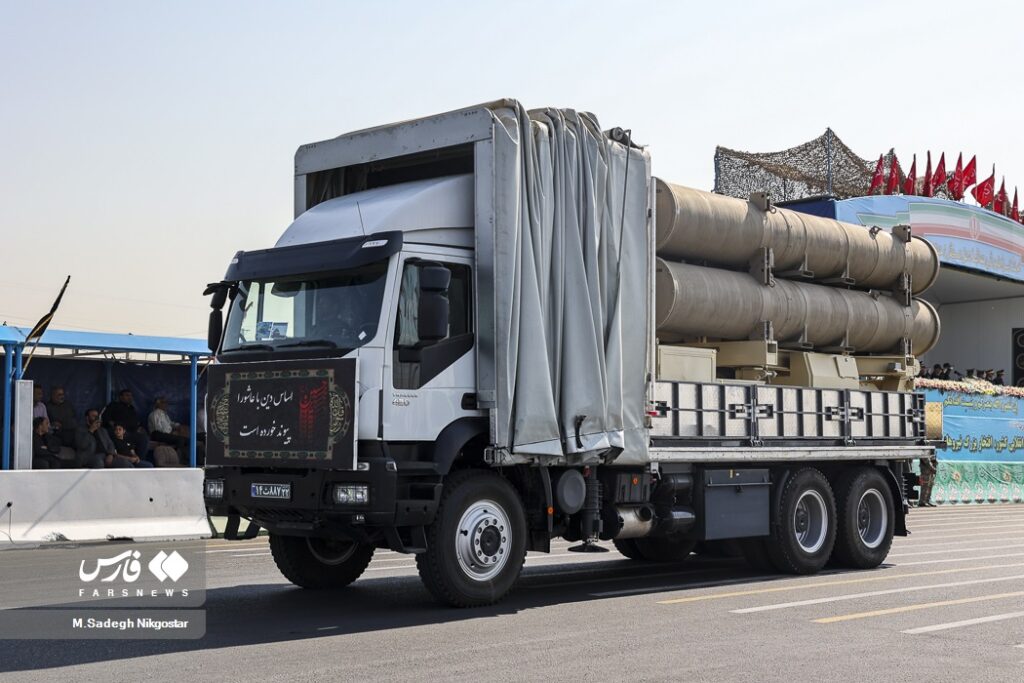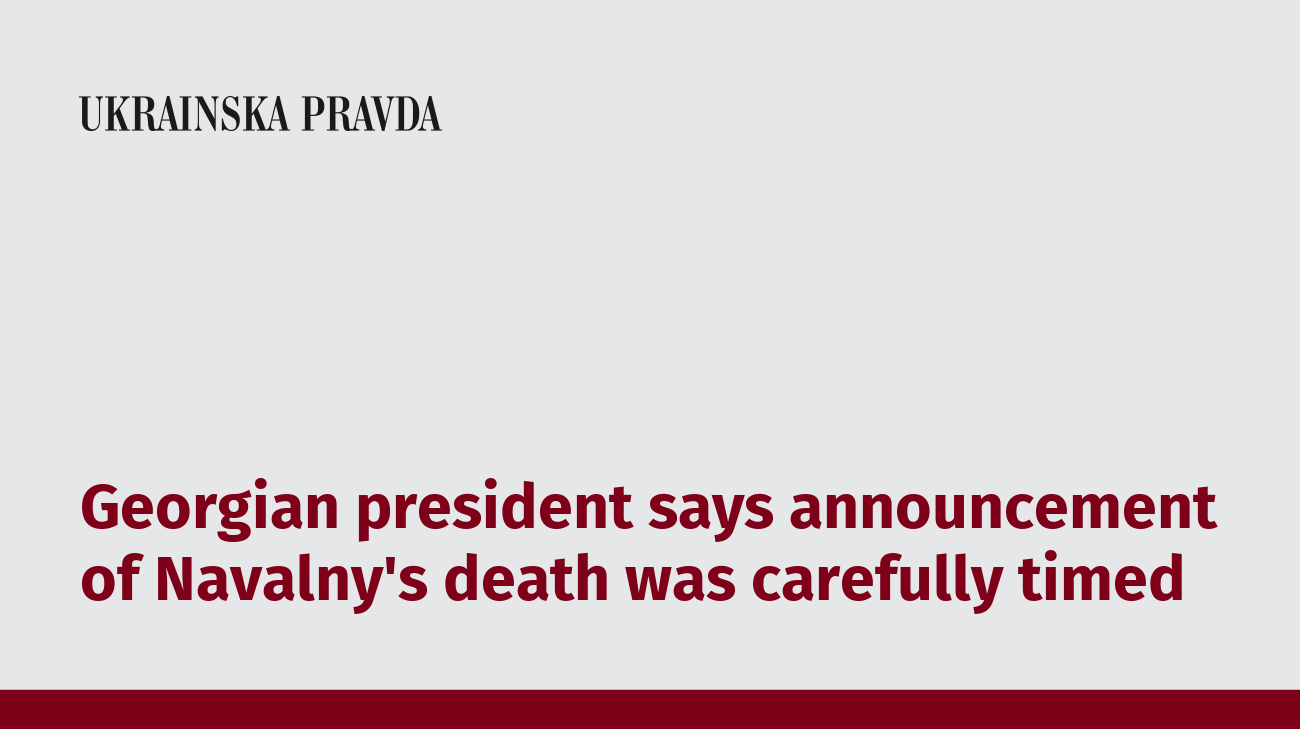Reuters: Iran delivers crucial missiles to Russia without launchers, sources say
A former UN nuclear inspector, proposes that Iran might be withholding launchers to create space for diplomatic talks at the upcoming UN General Assembly.


Iran has provided Russia with close-range Fath-360 ballistic missiles for potential use in Ukraine but did not include the necessary mobile launchers, according to three Reuters sources familiar with the matter.
These short-range missiles, with a range of up to 120 km, are set to bolster Russia’s arsenal in its war against Ukraine. The delivery of these missiles is expected to enhance Russia’s ability to target Ukrainian infrastructure, raising concerns among Western nations, who are preparing new sanctions against Iran. Iran is also Russia’s supplier of Shahed-series suicide drones used against Ukraine.
US Secretary of State Antony Blinken had announced on 10 September that Iran delivered Fath-360 missiles to Russia, stating they would “likely use them within weeks in Ukraine.” However, according to Reuters, the US official noted that Iran had not supplied launchers at the time of this announcement.
Experts suggest several possible reasons for the absence of launchers. Fabian Hinz, an Iranian missile expert at the International Institute for Strategic Studies, speculated that Russia might modify its own military vehicles to launch the missiles. He pointed out that the civilian trucks Iran typically modifies for this purpose may not suit Ukraine’s harsh winter conditions.
“A commercial, off-the-shelf Mercedes truck is just not that off-road capable,” Hinz said, as per Reuters.
Another theory, proposed by David Albright, a former UN nuclear inspector, is that Iran might be withholding the launchers to create space for diplomatic talks. He noted that Iranian officials will be meeting with European counterparts at the upcoming UN General Assembly to discuss various issues, including Tehran’s nuclear program and regional tensions.
In response to the missile delivery, the United States, Germany, Britain, and France have imposed new sanctions on Iran, with the EU considering further measures targeting Iran’s aviation sector.
Tehran continues to deny providing Moscow with missiles or drones, despite claims from Kyiv and Western officials that Russia has been using Iranian-supplied drones against military targets and civilian infrastructure in Ukraine.
The Russian defense ministry declined to comment on the matter, while the US National Security Council and Pentagon did not immediately respond to requests for comment. Iran’s mission to the United Nations also did not provide an immediate response when asked about the situation.
At the beginning of August, Reuters reported that Iran was training Russian personnel on Fath-360 ballistic missile systems and preparing to deliver hundreds to Russia.
Russia reportedly exchanged fighter jets and technological support with Iran for hundreds of short-range ballistic missiles. According to US and European officials, the deal includes advanced Su-35 fighter jets, and Iran is leveraging this arrangement to upgrade its missile, space, and cyber capabilities.
Related:
- Reuters: Hundreds of Fath-360 Iranian ballistic missiles bound for Russia
- ISW: Russia continues deepening relations with North Korea and Iran in exchange for lethal weaponry
- Kirby: Iran supplying Russia with glide bombs
- British intel: North Korea on course to become Russia’s major arms supplier alongside Iran, Belarus


